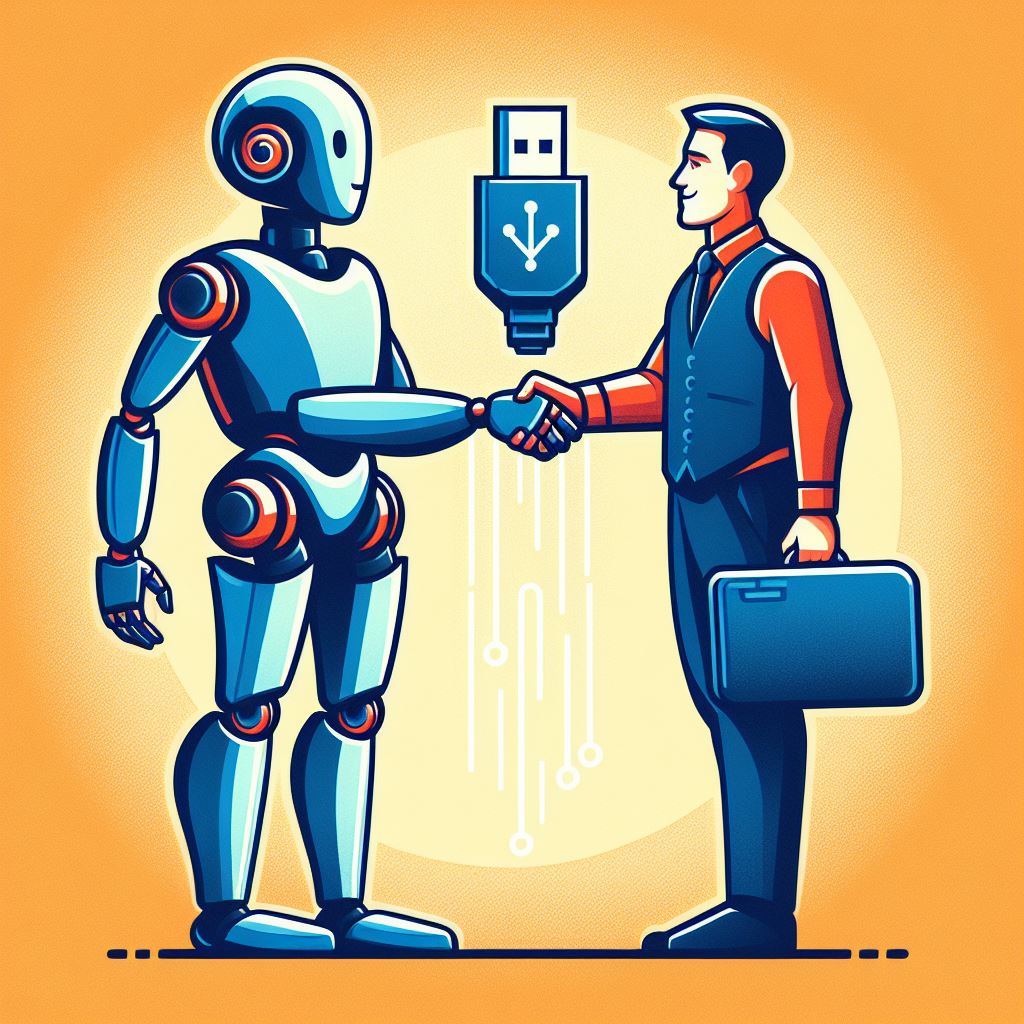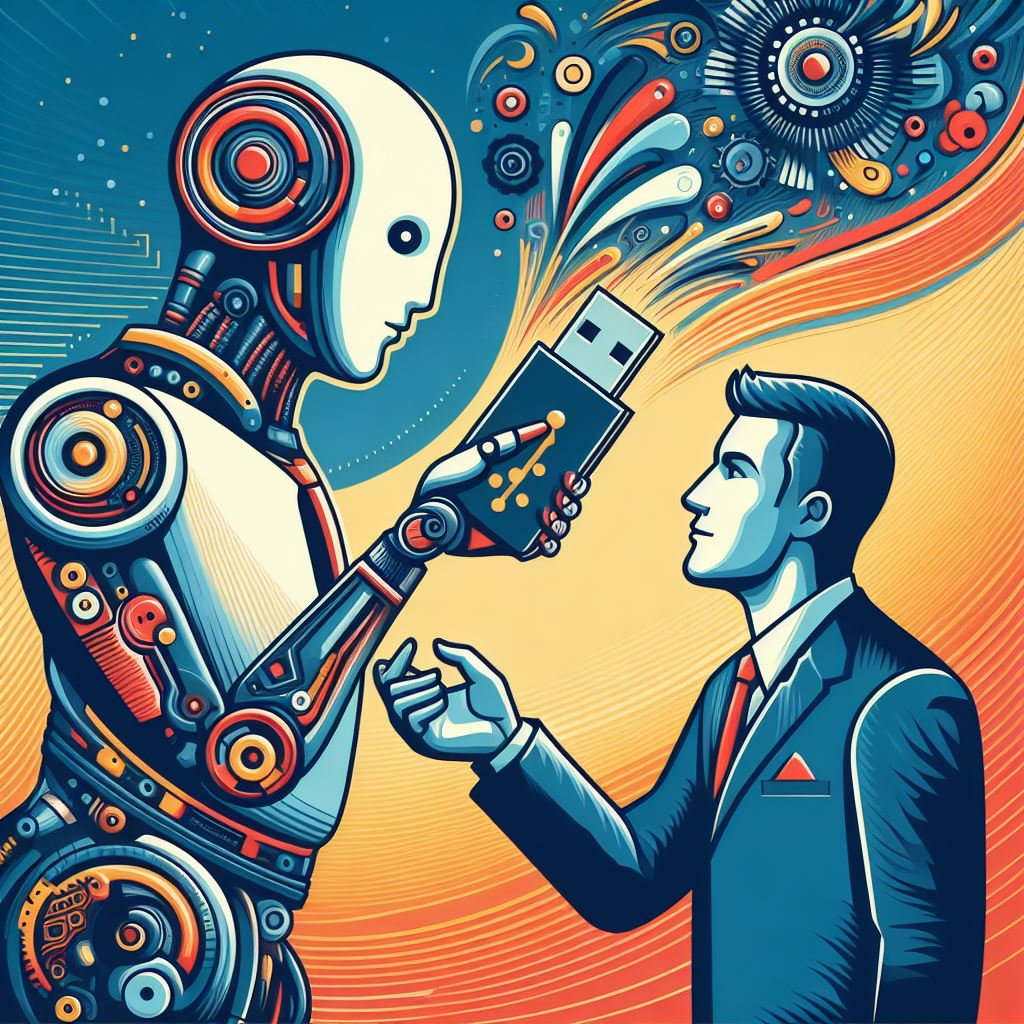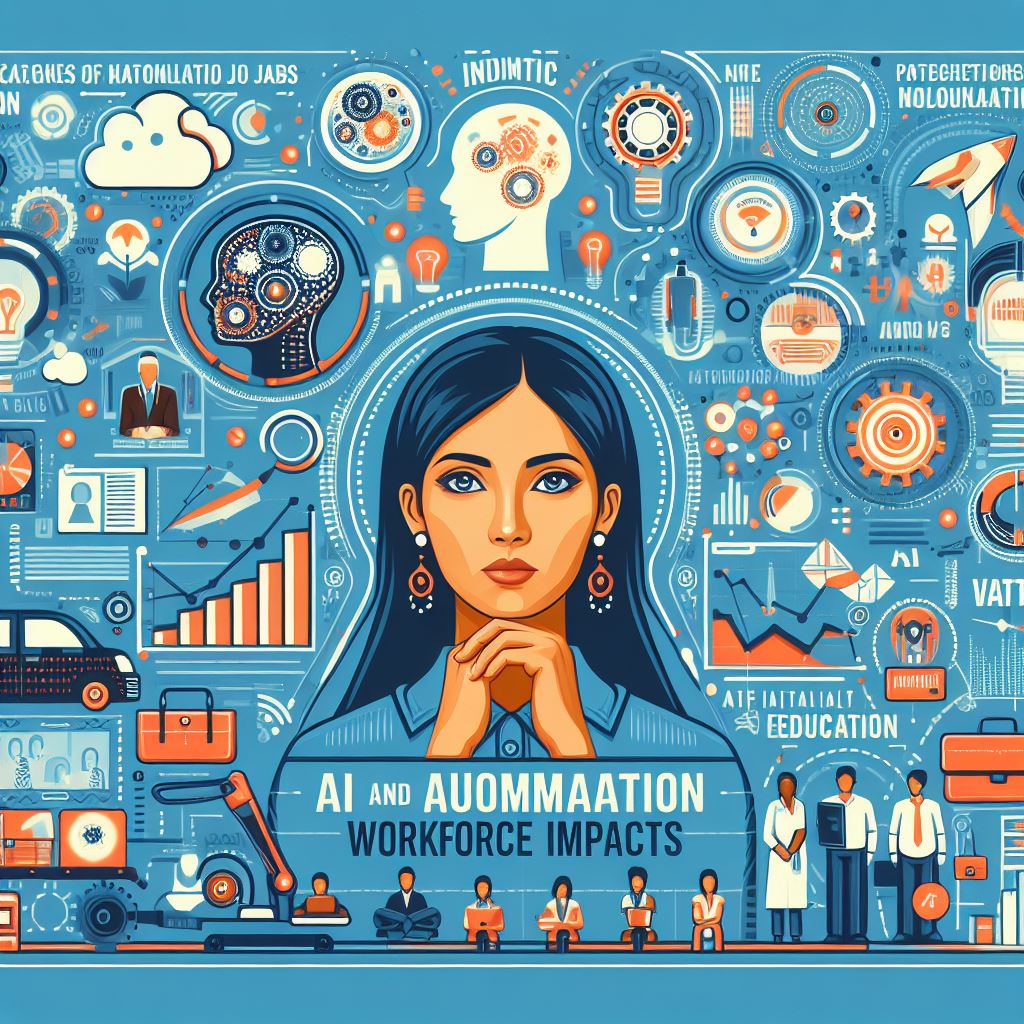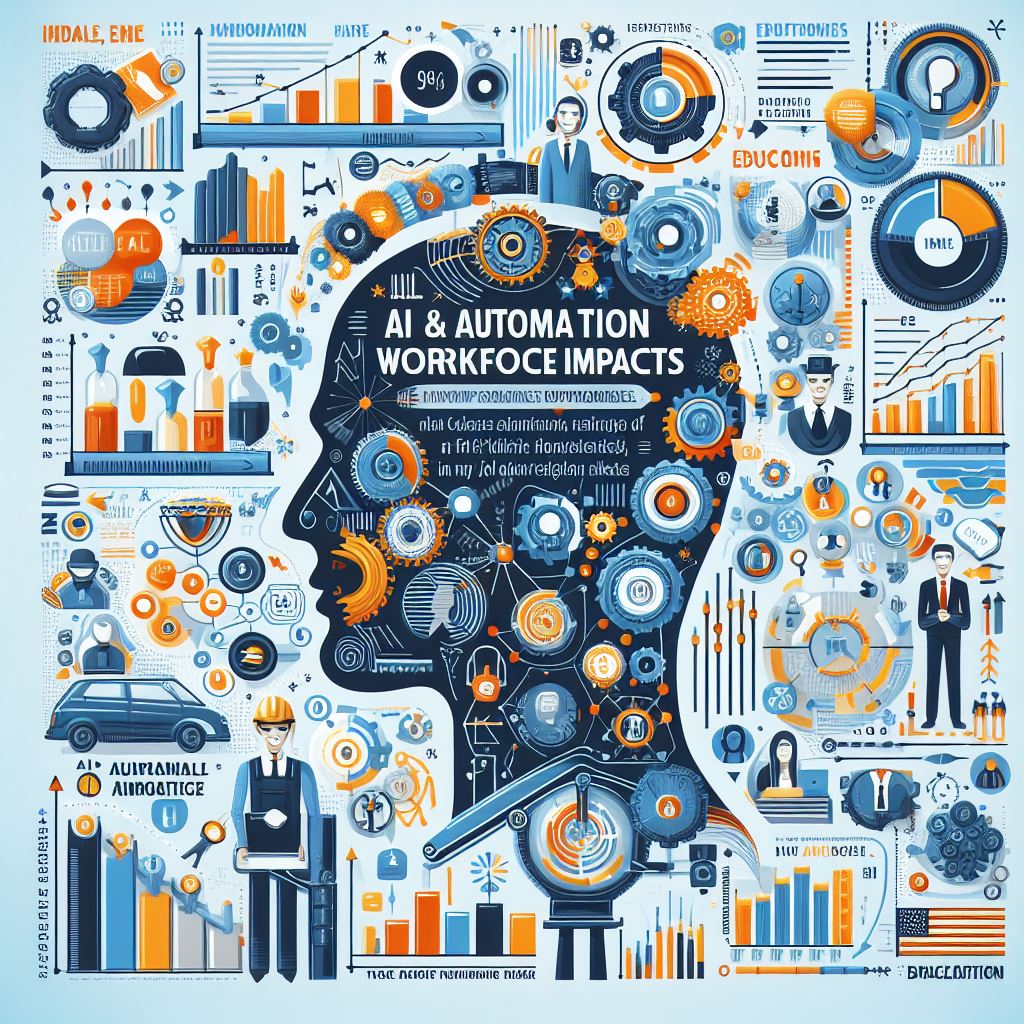AI and automation refer to a suite of advanced technologies that enable machines and software to perform tasks normally requiring human cognition and decision-making. From intelligent algorithms to robotic assistants, these innovations are automating manual processes and augmenting human capabilities.
The Evolution of AI and Automation
AI and automation technologies have been evolving for decades:

- In the 1950s and 1960s, pioneers developed early machine learning algorithms, neural networks, and robotics.
- During extended “AI winters” in the 1970s and 1980s, progress slowed due to limited computing power.
- By the 1990s and 2000s, improved statistical learning methods and the rise of deep learning led to a renaissance.
- Over the 2000s and 2010s, explosive growth occurred in data, computing power, natural language processing (NLP), computer vision, and more.
Today, AI and automation are transforming industries. Adoption and innovation continue to accelerate rapidly.
Key Technologies Powering Transformation
Several breakthrough capabilities are enabling the promise of intelligent machines:

- Machine learning algorithms learn from data to make predictions and decisions without explicit programming.
- Natural language processing (NLP) enables processing and generating human speech and text using voice recognition, chatbots, and translation tools.
- Computer vision allows systems to analyze and understand visual data like images, videos, and simulations.
- Robotic process automation (RPA) uses software bots to automate repetitive digital tasks and workflows.
- Conversational AI creates human-like dialogue abilities for applications like virtual assistants using NLP.
These and other advances are driving transformation across sectors.
How AI and Automation Are Reshaping Work
As intelligent technologies become more advanced and widespread, they are fundamentally altering the labor market and the nature of work. Students and professionals need to understand the impacts of AI and automation on jobs and skills demand.
The Rise of AI and Data Science Roles
With organizations implementing AI solutions, demand has skyrocketed for roles like:
- Data scientists build machine learning models and analytics pipelines to extract insights.
- Machine learning engineers develop and deploy scalable AI systems integrated into business processes.
- AI researchers create innovations using techniques like neural networks and deep learning.
- AI ethicists ensure technologies are applied responsibly.
Expanding Opportunities in Intelligent Automation
Another emerging job category involves developing and managing automation software and infrastructure:
- Automation architects design end-to-end workflow automation.
- Automation consultants identify and assess automation opportunities.
- Automation engineers build and implement bots and scripts.
The Growth of AI-Augmented Roles
Rather than full automation, many new roles leverage both AI and human capabilities:
- AI assistants help customer service agents respond to inquiries quickly.
- Fraud analysts focus on high-risk cases while AI handles routine screening.
- Medical imaging technicians use AI to flag scan anomalies for closer inspection.
Understanding AI and Automation Workforce Impacts
Recent studies forecast significant workforce changes from AI and automation adoption:

- The global AI labor force is projected to grow over 40% annually in the coming years.
- There is a major shortage of qualified candidates for open AI and data science jobs.
- Salaries for AI roles are rising quickly, with 10-30% wage premiums above comparable positions.
- Mid-career professionals are in high demand, given their experience and technical capabilities.
- Ethics curricula are prioritized in technical education programs to promote responsible practices.
Immense opportunities await those who develop relevant skills. However, career success requires research, preparation, and adaptability in this dynamic landscape.
Strategies for Building a Rewarding AI or Automation Career
Given rapid technological change, sustaining a successful career requires continuously expanding your skills. Here are tips:
- Complement your expertise with training in areas like business analysis, writing, and design thinking to apply technology effectively.
- Gain hands-on experience through internships, academic projects, and hobby experiments. Real-world application cements learning.
- Grow your networks by engaging with professional events, conferences, and online communities. These provide exposure to innovations and opportunities.
- Pursue leadership opportunities to manage initiatives, coordinate stakeholders, and hone soft skills like strategic thinking and communication.
- Commit to lifelong learning about emerging techniques and ethical practices to ensure you provide value responsibly.
- Consider specialized certifications or advanced degrees in high-demand focus areas like machine learning and human-computer interaction.
By demonstrating adaptability and principled leadership, professionals can thrive through technological change.
Exploring Educational Pathways in AI and Automation
Identifying the right training tailored to your goals is essential when pursuing an AI or automation career. Here are the top options to consider:
Entry-Level Courses and Certificates
For beginners, short online courses and certificates from providers like Coursera and edX teach foundational concepts like:
- Programming basics with Python and R
- Data analysis
- Intro to machine learning
- AI ethics
- Robotic process automation (RPA)
These flexible, affordable courses provide targeted skills quickly.
Bachelor’s Degrees
Relevant 4-year degrees establish core competencies while building adaptability. Applicable majors include:
- Computer science
- Information technology
- Data Science
- Applied math
Look for AI specializations or concentrations.
Graduate Degrees for Specialized Training
Those pursuing high-level research, leadership, or specialized technical roles may benefit from advanced graduate training:
Master’s Programs
These allow specializing in areas like machine learning, data science, analytics, and human-computer interaction through 1-2 year programs. Both online and on-campus options exist.
MBA Programs
For managerial roles, MBA programs teach using technologies like AI to strategically transform business processes and drive growth.
Ph.D. Programs
5+ year doctoral research programs focus on pioneering new AI techniques and publishing breakthrough findings in areas like deep learning and computer vision.
Accelerated Technical Training
For quickly transitioning into development roles, intensive full-time coding bootcamps teach applied skills like:
- Python Programming
- Cloud computing
- Data Science
- Machine learning engineering
These accelerated curricula allow for launching new careers.
Embedding Ethics into Technology Careers
While promising benefits, AI and automation also raise complex ethical challenges:
- Mitigating unfair biases in data and algorithms
- Protecting privacy and security
- Considering employment impacts
- Deploying safely, transparently and accountably
Technology leaders should proactively address these issues to fulfill their duty to society.
Conclusion: The Future Looks Bright for AI and Automation Careers
The pace of innovation in AI, machine learning, and automation shows no signs of slowing. Those who build relevant skills and embrace ethical principles will find immense opportunities to build rewarding, high-impact careers as these technologies continue transforming the workplace.
